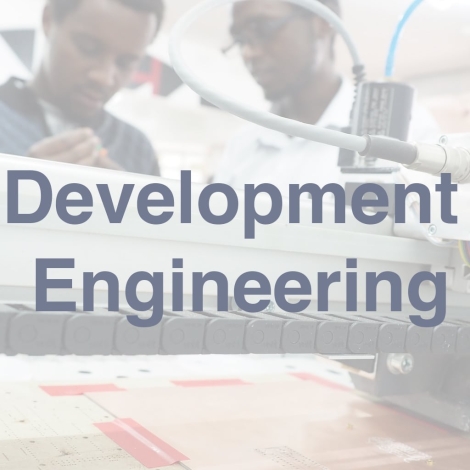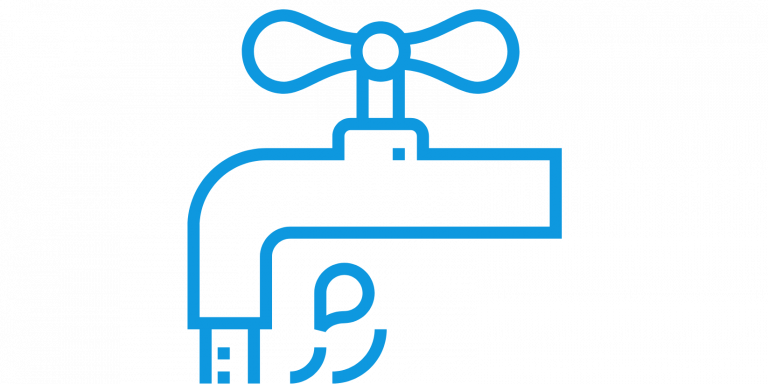PlayPumps have been a cautionary tale in global development engineering since shortly after they were introduced with international fanfare and then broke, enabled child labor or simply pumped water inefficiently. In a recent essay at Impact Design Hub, Rachel Dzombak and Julia Kramer invoke that debacle to make the point that global development requires technical training supported by an awareness of a problem’s context. The essay includes a history of engineering for global development, tracing a line from its post-World War II paternalistic roots in imperialism to the start of multi-disciplinary cooperation and today’s concept of “development engineering.”
The writers themselves are versed in multidisciplinary action (see Ms. Dzombak’s articles at E4C: How to Make Hard Decisions in Global Development, and How to Build Sustainably), and both are pursuing PhDs in fields of engineering at the University of California, Berkeley. Their essay anchors a package of writing and audio interviews at Impact Design Hub and its Fun Palace Podcast. Both the form and the function are notable. The essay and its satellite interviews and analyses inform and critique our field. And it’s interesting to see this kind of experiment with writing and audio around a theme. It works in part because the theme is rich, encompassing the entire history, present and meaning of the field of development engineering, told through the lens of UC Berkeley’s academic program.
Impact Design Hub plans to wrap their media package in an e-book later, but here’s a summary of what they offer.
Development Engineerig: a Critical Overview | Rachel Dzombak and Julia Kramer (~2000 words)
In reading this piece, you’ll come away with a working understanding of development engineering as a practice and academic study, as well as how and why it aims to solve the kinds of problems it does. The essay is authored by two engineering PhD students involved with the Development Engineering program through the Blum Center for Developing Economics at the University of California Berkeley. Like all nascent fields, there’s much to explore, consider, and questions—it’s entirely possible that you’ll come away with just as many questions as answers.
The essay includes two reviews that critique its points and aspects of development engineering in general.
The Fun Palace Podcast with Julia Kramer & Rachel Dzombak
Development Engineering from the point of view of two PhD students at UC Berkeley. Julia and Rachel are the coauthors of the lead essay “Development Engineering: A Critical Overview.” This episode of The Fun Palace comes to you from our ‘Big Ideas’ guest curator, UC Berkeley’s Blum Center for Developing Economies.
The Fun Palace Podcast with Emily Pilloton
Development Engineer Julia Kramer sat down for a conversation with Project H leader Emily Pilloton at the Girls Garage in Berkeley. The two discuss lessons-learned, working in a local context, mentorship, and resisting the urge to scale. This piece is a continuation of IDH’s deep dive into the Development Engineering program at the UC Berkeley’s Blum Center for Developing Economies.
The Fun Palace Podcast with Alice Agogino
An interview with the lively and wildly intelligent mechanical engineering professor and Chair of the Blum Center’s Development Engineering graduate group at UC Berkeley.
Impact Design Hub Editorial
This editorial from the IDH team asks us to question the market system that holds and directs the resources that graduates of programs like Development Engineering must work within. “If we actually intend to solve social problems in a real way, we have to begin with the systems that cause them (and will continue to cause them) regardless of how many brilliant, elegant, and useful interventions we design and deploy.”
With reporting by Ted Eccleston at Impact Design Hub.

